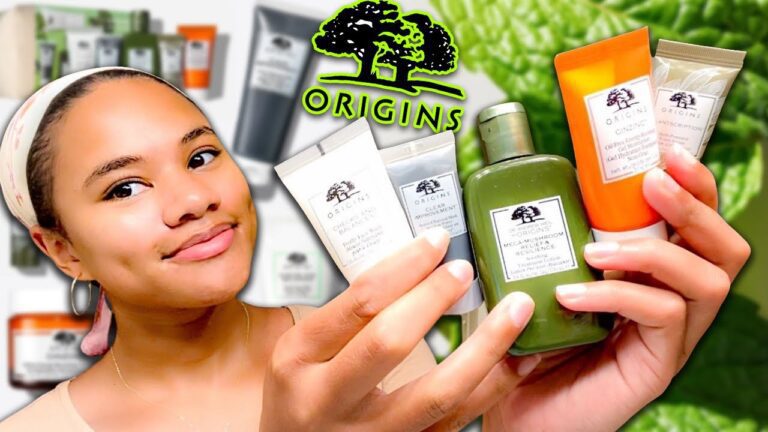The Ultimate Guide to Understanding Amino Acids: Everything You Need to Know
Amino acids are the building blocks of proteins, peptides, and enzymes. They play a crucial role in many physiological processes including metabolism, growth, and repair of tissues, neurotransmission, and hormone secretion. Amino acids are classified into three categories: essential, non-essential, and conditional. Essential amino acids cannot be synthesized by the body and must be obtained through diet while non-essential amino acids can be synthesized by the body. Conditional amino acids are only needed under certain circumstances, such as during illness or stress.
One popular use of amino acids is in sports nutrition. Many athletes and fitness enthusiasts use amino acid supplements to enhance performance, build muscle, and speed up recovery. One popular amino acid supplement is BCAA, or branched-chain amino acids. BCAAs are essential amino acids that have been shown to improve muscle growth and strength, reduce muscle soreness, and prevent fatigue during prolonged exercise.
Another popular use of amino acids is in skincare. Amino acids are known for their hydrating and anti-aging properties. They can help to strengthen the skin barrier, boost collagen production, and improve skin elasticity. Many skincare products now contain amino acid complexes as a key ingredient. Some of the most popular amino acids used in skincare include glycine, proline, and arginine.
In addition to sports nutrition and skincare, amino acids have many other applications. They are used in the production of food additives, animal feed, and pharmaceuticals. They are also used in the synthesis of polymers such as nylon and kevlar.
Below are some examples of foods that are high in amino acids:
- Quinoa: This ancient grain is a complete protein that contains all nine essential amino acids.
- Eggs: Eggs are another complete protein that are high in the essential amino acid leucine, a key nutrient for muscle growth.
- Salmon: Salmon is not only a good source of omega-3 fatty acids, but it is also high in the essential amino acid lysine.
- Beans: Beans are a vegetarian-friendly source of protein that contain several essential amino acids.
In conclusion, amino acids are an essential component of a healthy diet and have many applications beyond sports nutrition and skincare. Whether you are an athlete, a skincare enthusiast, or simply looking to improve your overall health, incorporating amino acids into your routine can have many benefits. Just be sure to consult with a healthcare professional before starting any new supplement regimen.
Most searched products:
Does Sephora Support Israel? Answering Your Questions
The Ultimate Guide to Azealic Acid: Benefits, Uses, and Side Effects
How Long Does Glycolic Acid Take to Show Results: Your Ultimate Guide
Discover the Benefits of The Ordinary Botox for Your Skin
The Ultimate Reviews of The Ordinary Peeling Solution
The Ultimate Guide to The Ordinary Colours Foundation: Reviews, Swatches, and Tips
The Perfect Order: When to Use Retinol and Niacinamide in Your Skincare Routine
Unlock the Power of Hyaluronic: Benefits, Uses, and Top Products
Say Goodbye to B.O with Glycolic Acid Deodorant: The Secret to Long-Lasting Freshness
Unlock Smooth and Supple Skin: Discover the Best Skincare Products for Skin Suppleness













